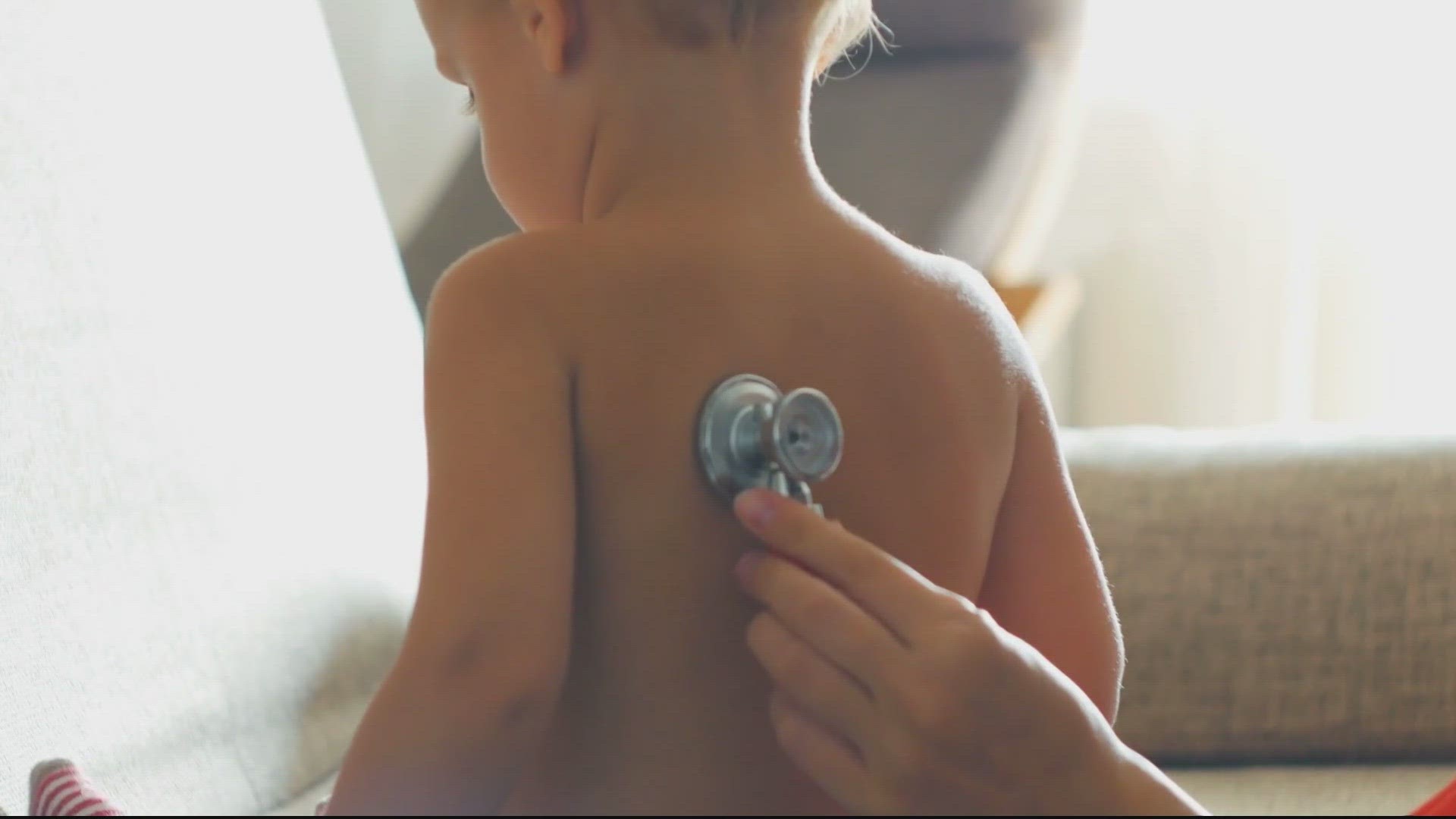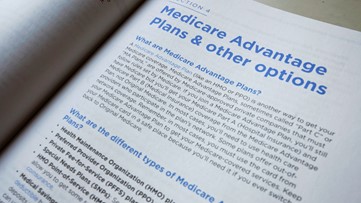WASHINGTON — Respiratory Syncytial Virus, or RSV, is the number one reason newborns have to go to the hospital, but there is a new hope for parents.
The FDA approved a drug that is shown to be effective in stopping RSV and the other respiratory illnesses it can cause, so we wanted to verify three of the big questions you might have.
THE QUESTION
Is Beyfortus a vaccine?
THE SOURCES
THE ANSWER
Beyfortus is a monoclonal antibody, not a vaccine.
WHAT WE FOUND
Beyfortus, the brand name for the drug nirsevimab, is a monoclonal antibody developed by AstraZeneca and Sanofi.
Monoclonal antibodies create what the CDC describes as passive immunity. They are typically given as an injection and work to fight off an infection. Vaccines, on the other hand, create active immunity because they teach the body how to create its own antibodies to protect against illness.
THE QUESTION
When will Beyfortus be available?
THE SOURCES
ANSWER
Beyfortus could be available to doctors as soon as August.
WHAT WE FOUND
Two more steps remain before Beyfortus can be cleared for general use.
Now that the FDA has granted its approval, the CDC must do the same. The CDC's Advisory Committee on Immunization Practices has called an emergency meeting for August 3 to discuss as possible recommend approval of Beyfortus. If it votes in favor, the CDC's director, Dr. Mandy K. Cohen, could give the final approval soon afterward.
Dr. Joseph Collaco, an associate professor of pediatrics at Johns Hopkins, says the peak time for the spread of RSV is fall and winter, similar to flu and some other respiratory viruses.
THE QUESTION
Who would receive Beyfortus?
THE SOURCES
THE ANSWER
The FDA approved Beyfortus for children 24 months and younger.
WHAT WE FOUND
The FDA's approval this week follows a draft plan released in February showing all children eight months and younger could receive it during or before their first RSV season and the children at high risk due to lung or heart conditions could receive it during their second RSV season.
AstraZeneca and Sanofi completed three clinical trials of Beyfortus. One focused on preterm infants (29-35 weeks of gestation before birth) entering or born during their first RSV season, one focused on late pre-term or term infants (more than 35 weeks of gestation), and the third focused on children up to 24 months old who remained vulnerable entering their second RSV season.
According to AstraZeneca, Beyfortus was shown to reduce the risk of serious illness by 74.9%, 70.1%, and 78.4% in those three trials, respectively, compared to placebo.
In clinical trials, efficacy was shown to last for five months.












